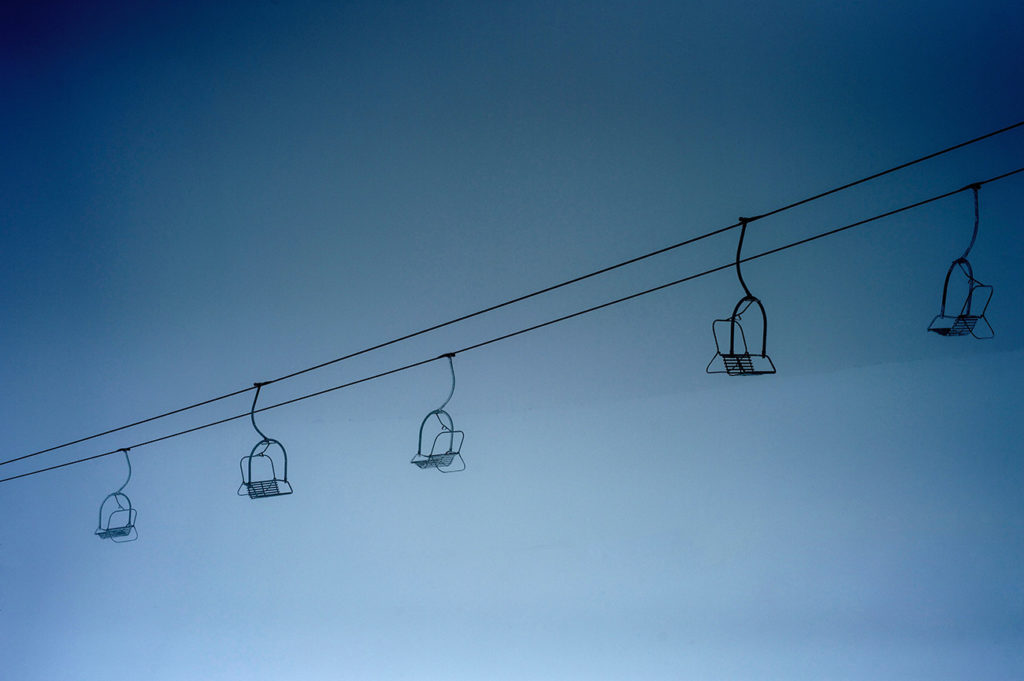
By Dimitri Ehrlich
They say patience is a virtue, but who has the time? When my mother left New York to attend college in Paris, she travelled by ocean liner: The Queen Elizabeth took a week to arrive in France. That was 65 years ago. Elon Musk recently announced a plan to develop commercial rocket travel, which will enable passengers to make the journey from any two points on Earth in less than an hour. Super fast travel is only one of the more dramatic ways in which the human relationship with time has undergone radical changes. A pot roast that for most of history took three hours can now be microwaved in minutes. We’ve gone from the Pony Express to high-speed internet in the blink of an eye.
But all these exponential increases in efficiency raise questions: When everything can happen in a heartbeat, what happens to our sense of time? Do we end up feeling less hurried and harried? Or do all these time-savers end up having the unintended consequence of leaving us feeling ever more impatient and time-famished?
As James Taylor once sang, “The secret to life is enjoying the passage of time.” Unfortunately, none of our scientific advances are about enhancing the experience of simply being present to what is happening now. All of them are about getting things done faster. As multitasking has become our national religion, we’ve turned time into a commodity—and cheapened it.
Ironically, there’s a lot of evidence suggesting that slowing down can actually improve effectiveness and increase happiness. We’ve been conditioned to believe that time is money, but research proves that longer work hours often lead to less productivity. And often the quick way isn’t the best way: In his book Thinking, Fast and Slow, Nobel Laureate Daniel Kahneman details the downsides of making quick decisions. He describes logical errors people make whey they rely on what he calls “system 1” thinking—which is fast, intuitive and emotional. System 1 thinking is necessary for survival, but the problem is, it requires simplifying, jumping to conclusions and submitting to all kinds of irrational biases.
“Research shows that being present in the moment is crucial for one’s ability to experience compassion, and that directly correlates with happiness,” says Anthony King, Ph.D., an assistant professor of psychiatry at the University of Michigan who has studied the use of mindfulness as a treatment for post-traumatic stress disorder.
“Being in the present is actually more important for your experience of happiness than whatever you happen to be doing,” says King. “You might experience more happiness when mindfully doing the dishes than doing something usually thought to be pleasurable in a distracted state of mind.”
The problem is, as a culture we have become addicted to distraction and allergic to stillness. We crave the thrill of speed. There’s a myth we constantly whisper to ourselves: We’ll be happy when dinner arrives; but when dinner arrives, we’re thinking about dessert. While we’re enjoying the last taste of ice cream, we’re thinking about the ride home. On the ride home, we imagine being comfy in bed. As long as we indulge in this kind of low-level fever of constant craving, we’re always on the losing end of the race against the clock. We’re all getting burned by the microwave life.
We may think we’ll fall behind in the rat race if we don’t maintain our frenetic pace. But stillness isn’t always a matter of being static. Sometimes, slowing down actually increases our efficiency. My meditation teacher, Gelek Rinpoche, was a Tibetan master who knew how to be fully in the moment, and yet he was also one of the most productive people I’ve ever met. He was never in a rush and yet he wrote dozens of books and established meditation centers all over the world.
Rinpoche never rushed a conversation and because of that, he was able to truly connect and communicate powerfully. Once, during a meditation retreat, I came upon him sitting by a lake and asked what he was doing. “Just being,” he said, with a smile.





